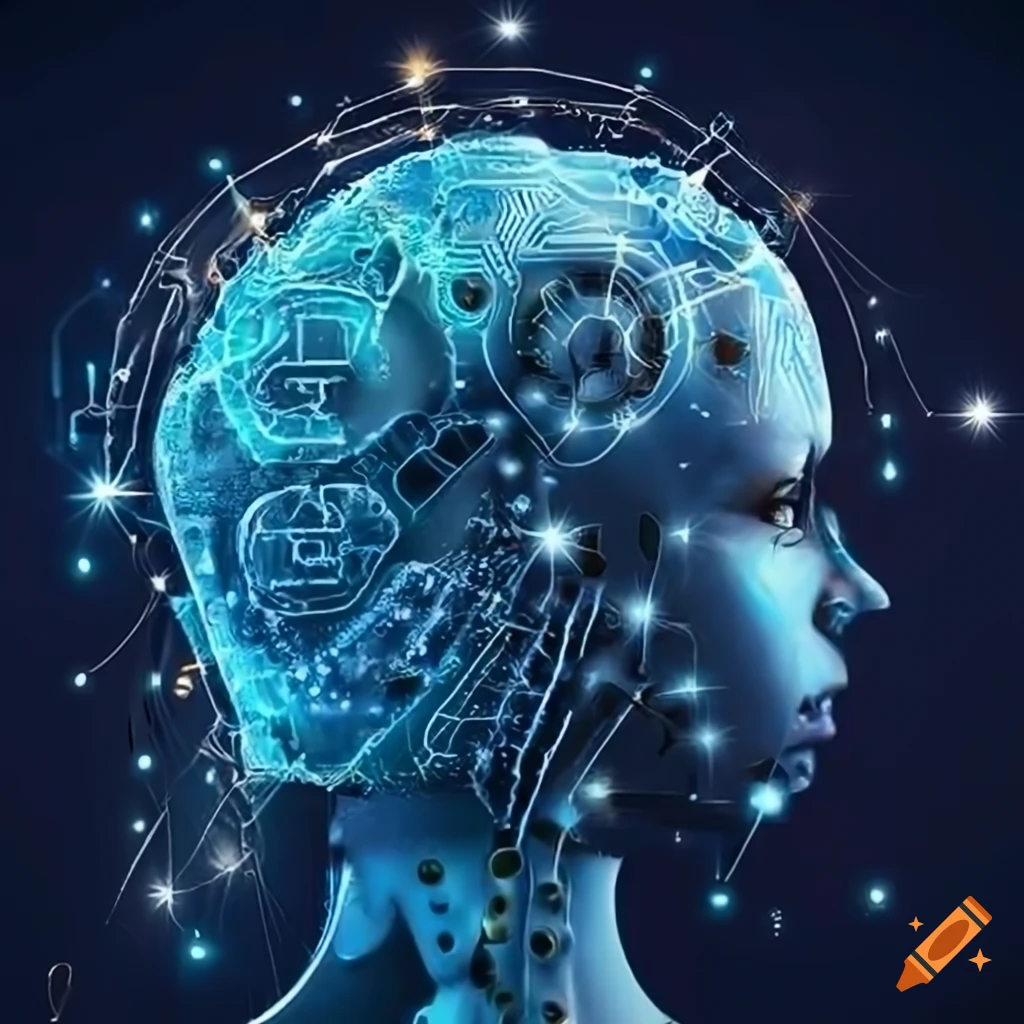
On one hand, there are those who argue that AI will indeed replace certain jobs. With rapid advancements in technology and machine learning algorithms, AI systems are becoming increasingly capable of performing tasks that were once exclusive to humans. These systems can automate repetitive and manual tasks, improving efficiency and reducing costs for businesses across various industries. For example, in manufacturing, AI-powered robots can handle complex assembly processes with precision and speed, replacing human workers. In transportation, self-driving vehicles powered by AI algorithms have the potential to eliminate the need for human drivers. Similarly, in customer service, chatbots and virtual assistants can handle customer inquiries and resolve issues without the need for human intervention.
On the other hand, many experts argue that the rise of AI will not necessarily lead to widespread job loss but rather a transformation of the job market. They believe that while certain jobs may become obsolete, new jobs will emerge to support and collaborate with AI systems. These new roles may involve the development, maintenance, and oversight of AI technologies, including programming and training AI algorithms, ensuring their ethical and responsible use, and addressing potential biases or errors. Furthermore, there will be a growing demand for individuals with uniquely human skills that are difficult to replicate with AI, such as creativity, critical thinking, complex problem-solving, and emotional intelligence. These skills will become increasingly valuable in collaborating with AI systems and leveraging their capabilities to drive innovation and productivity.
It is important to note that the impact of AI on jobs will vary across industries and professions. Jobs that heavily rely on human interaction, empathy, and complex decision-making, such as healthcare, education, and social work, are less likely to be fully automated by AI. These fields require a high degree of emotional intelligence, empathy, and ethical judgment, which are difficult to replicate with current AI technologies. Moreover, the adoption of AI in the workplace will necessitate a shift in skills and training for workers to adapt to the changing demands of the job market. Continuous learning and upskilling will be crucial to remain relevant and competitive in an AI-driven world.
In conclusion, the question of whether AI will take our jobs is complex and multifaceted. While it is evident that certain jobs will be at risk of automation, the overall impact of AI on employment will depend on various factors, including the industry, the nature of the job, and the ability of individuals and organizations to adapt to technological advancements. Rather than viewing AI as a threat, it is crucial to recognize its potential as a tool for augmenting human capabilities, driving innovation, and creating new opportunities for meaningful and fulfilling work.
---
Note: If the text above is not clear, the reason is probably that ShowMoor has encrypted it.
Press the ShowMoor -button, join the community and you can - in addition to this - enjoy everything the service has to offer - for a small subscription fee.